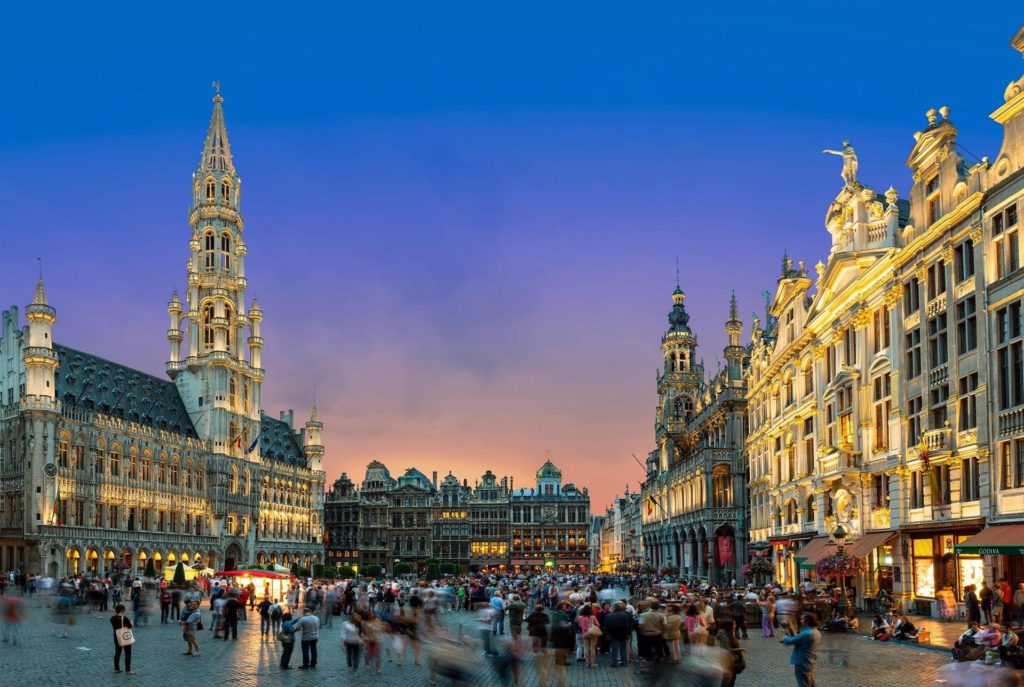Brussels will phase-out diesel cars by 2030 and fuel vehicles by 2035
The Government of the Brussels-Capital Region publicly announced plans to reduce diesel cars and fuel vehicle usage by 2035. The Region is taking concrete measures to adopt cleaner and more sustainable mobility, aiming to protect citizens' health and help achieve EU environmental goals of carbon neutrality by 2050.
If the introduction of Low Emissions Zones (LEZ) in 2018 allowed to reduce the presence of nitrogen dioxide and fine particles by 11% in the region’s air, a majority of Brussels residents continue to live in areas in which air pollution is above the World’s Health Organization’s health limits. This is why the Government of the Brussels-Capital Region has adopted a decree setting the future milestones of the Region’s Low Emission Zone, that include the phasing out of diesel vehicles by 2030 and petrol/LPG vehicles by 2035.
The roadmap for Low Emission Mobility in Brussels
To ensure that this transition is carried out gradually and fairly for both businesses and households, the Government has adopted a “Low Emission Mobility Brussels” roadmap. This document contains numerous supporting measures that target specific Brussels actors such as people with reduced mobility or small businesses. Financial support, information and awareness-raising, deployment of charging stations for electric vehicles and other measures will be adopted in the coming years, to facilitate this transition.
In parallel to the adoption of the Low Emission Zone calendar, the Brussels Government also decided to implement other measures to help make this transition accessible to all. For instance, it will strengthen and redesign the LEZ bonus offered to Brussels Small and Medium Enterprises (SMEs), set up mobile control teams starting from 2022 and other measures to encourage less polluting mobility.
What is happening in other cities across Europe
This new roadmap and regulation is a crucial step in the shift towards zero-emissions, and brings Brussels in a group of leading European cities pioneering measures to improve air quality by phasing out polluting vehicles.
In the United Kingdom, London has implemented in 2019 a Ultra Low Emissions Zone (ULEZ) and introduced a Zero-Emissions Zone (ZEZs) in the city center and expected to adopt a wider one from 2035 and ‘London-wide’ in 2050. The city of Paris has also plans to block entry to diesel vehicles and only allow electric and hydrogen fuel cell vehicles from 2030. Amsterdam launched a Clean Air Action Plan in 2019 and announced it would transform its Low Emission Zone into a Zero Emission Zone by 2030, in a bid to comply with EU air quality standards and meet the pollutant limits set by the WHO.
Karen Vancluysen, Secretary General of POLIS, attended the press conference organised by the Government of the Brussels Capital Region on 25 June, and stated: “POLIS has been working with Brussels and closely following its developments for a long time. As a European network, we are promoting its policies and ambitious goals. The region’s announcement today is based on robust data and a forward-thinking strategy, and embedded in a bigger vision on transforming Brussels for the better. Good Move, Smart Move, the city’s promotion of and investment in sustainable transport alternatives while leaving no one behind, the transformation of urban space to give streets back to the people, all this has not gone unnoticed in Europe and beyond, it is welcomed by like-minded forerunners, and sending a strong signal to other cities and the EU. POLIS congratulates the region on this brave but also necessary and timely decision.”

